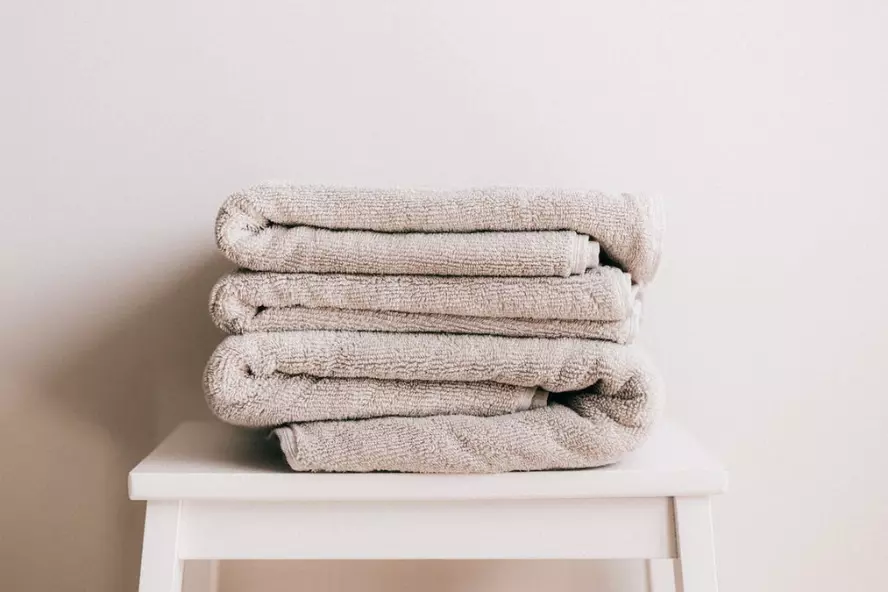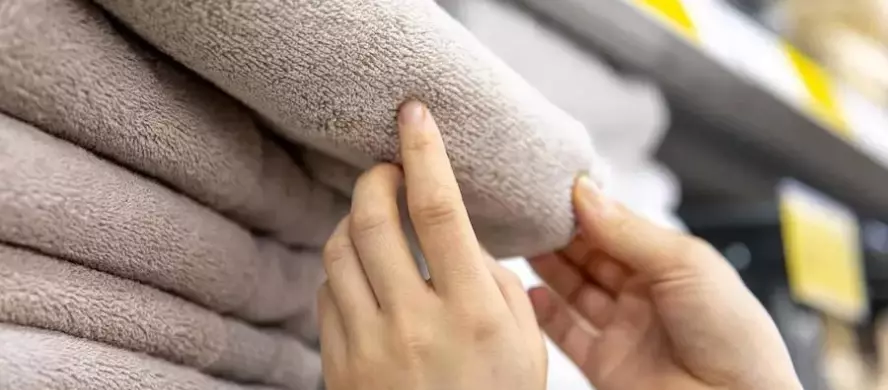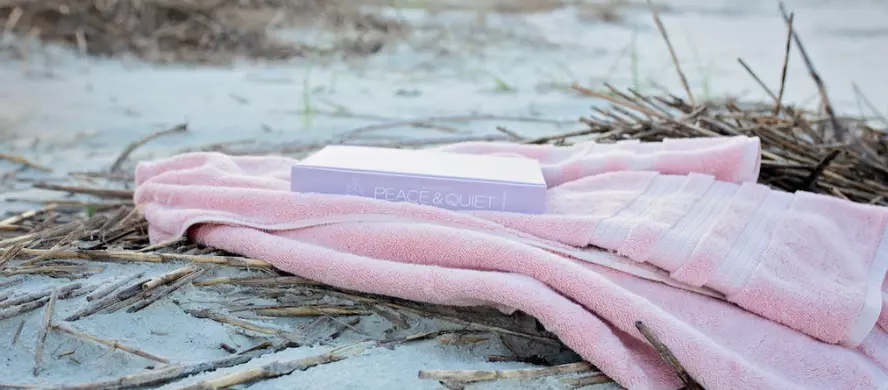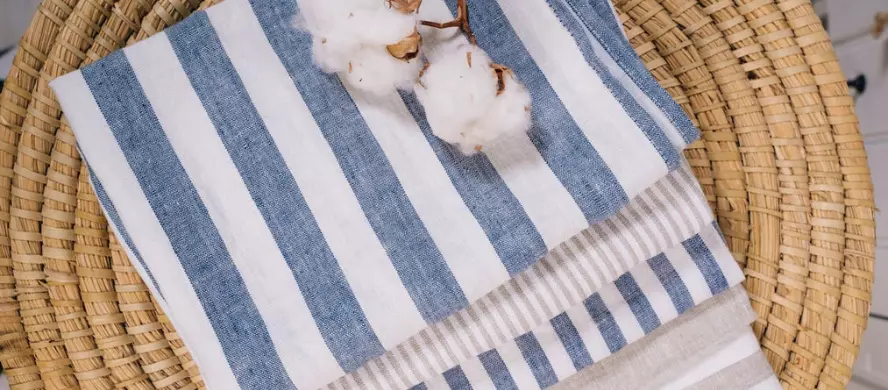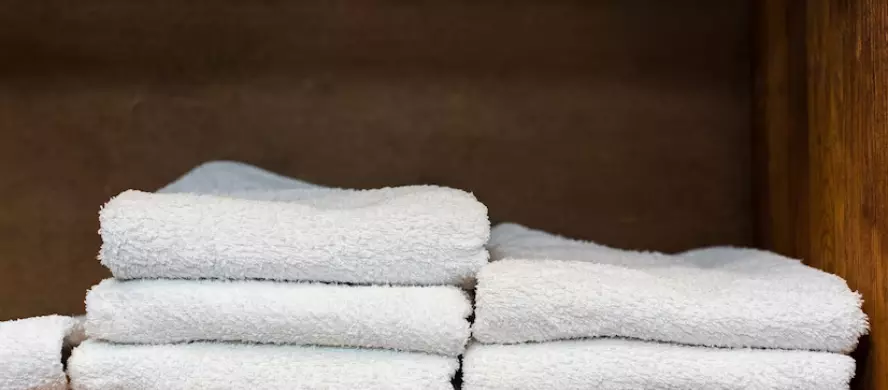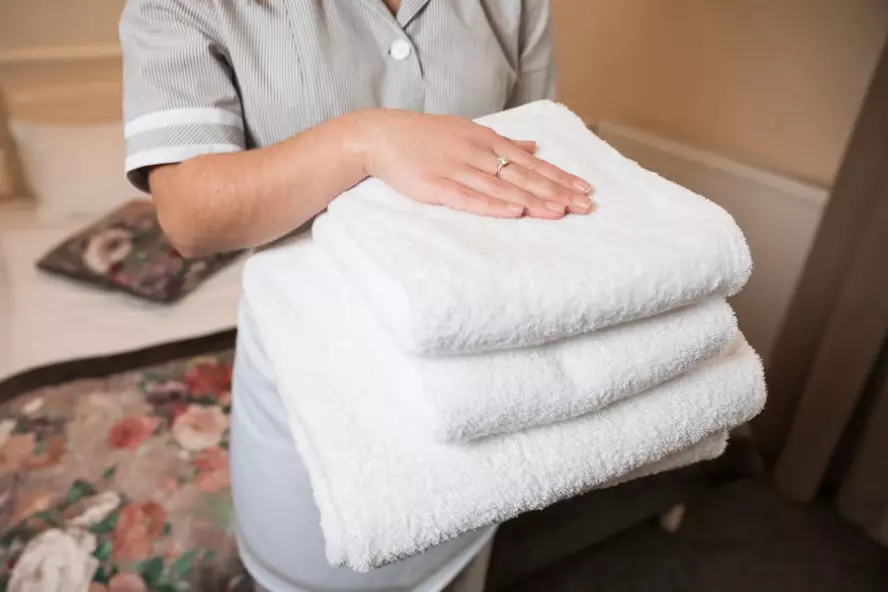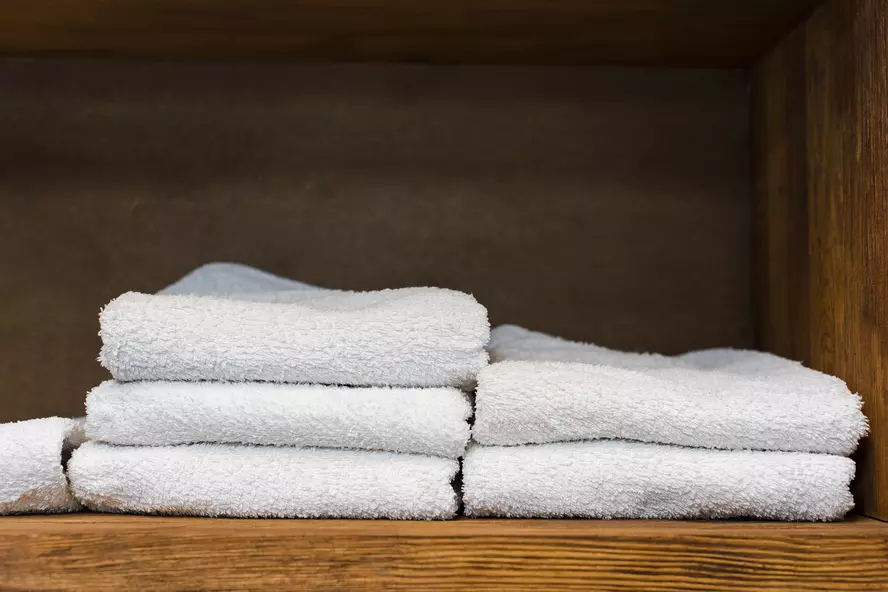Last Updated on May 29, 2023 by bilal
Towels are an integral part of our daily lives, offering comfort, functionality, and a touch of luxury. But have you ever wondered about the art and science behind the creation of these seemingly simple yet essential items? In this article, we delve into the fascinating world of towel manufacturing, exploring the meticulous processes, innovative techniques, and the blend of artistry and science that go into crafting the perfect towel.
Exploring The Art And Science OF Towel Manufacturing
The Craftsmanship OF Towel Making
Towel manufacturing is a centuries-old craft that combines traditional techniques with modern advancements. Skilled artisans and technicians work together to transform raw materials into soft and absorbent towels. From selecting the finest cotton fibers to weaving and finishing, each step requires precision and expertise.
Quote from Towel Artisan: “Towel making is an intricate process that demands attention to detail and a deep understanding of the materials. It’s a craft that has been passed down through generations, preserving the essence of quality and craftsmanship.” – Master Towel Artisan
The Science OF Fiber Selection
The foundation of a great towel lies in the selection of the right fibers. Cotton, known for its absorbency and softness, is the most common choice. The selection process involves considering factors such as fiber length, strength, and moisture-wicking properties. High-quality towels often use long-staple cotton, such as Egyptian or Supima cotton, which provides superior durability and a plush feel.
Quote from Textile Scientist: “The choice of fibers in towel manufacturing is critical. Through careful analysis and testing, we identify the optimal combination of fibers that not only provides comfort and absorbency but also ensures long-lasting performance.” – Textile Scientist
Weaving Techniques And Innovation
Weaving is where the true artistry takes place. Towels can be made using various weaving techniques, including terry, waffle, or jacquard weaves. Each technique offers unique patterns, textures, and functionalities. Modern innovations, such as air-jet or rapier looms, have streamlined the weaving process, allowing for faster production without compromising quality.
Quote from Weaving Expert: “Weaving is a harmonious dance between creativity and precision. It’s about finding the perfect balance between aesthetics and functionality, creating towels that not only look beautiful but also perform flawlessly.” – Weaving Expert
Finishing Touches And Treatments
Once the towels are woven, they undergo several finishing processes to enhance their performance and appeal. This includes treatments like bleaching, dyeing, and softening. Towels may also undergo processes such as pre-shrinking to ensure they maintain their size and shape after multiple washes. The finishing touches add an extra layer of quality and refinement to the towels.
Quote from Finishing Specialist: “Finishing is where we give the towels their final touch, ensuring they are soft, vibrant, and ready to delight the users. It’s about transforming them from a simple textile into a luxurious everyday indulgence.” – Finishing Specialist
Quality Control And Standards
Towel manufacturers adhere to strict quality control measures to meet industry standards and customer expectations. This involves rigorous testing for factors like colorfastness, absorbency, durability, and dimensional stability. Quality control ensures that each towel leaving the manufacturing facility meets the highest standards of excellence.
Quote from Quality Control Manager:
“Quality control is the backbone of towel manufacturing. We meticulously test each towel, ensuring it meets the desired criteria. Our goal is to provide customers with towels they can trust and enjoy for years to come.”
Innovative Fabric Technologies
Towel manufacturers are constantly pushing the boundaries of innovation to enhance towel performance. This includes incorporating advanced fabric technologies like microfiber, which offers increased absorbency and quick-drying properties. Other innovations may include antibacterial treatments to prevent odor-causing bacteria and moisture-wicking fabrics for added comfort during sports and outdoor activities.
Sustainability and Eco-Friendly Practices
In recent years, there has been a growing emphasis on sustainable manufacturing practices in the textile industry. Towel manufacturers are adopting eco-friendly techniques such as organic cotton farming, water-saving processes, and the use of natural dyes. These practices help reduce the environmental impact of towel production and promote a more sustainable future.
Customization and Personalization
Towel manufacturers understand the importance of personalization in today’s market. They offer customization options to cater to individual preferences, whether it’s adding embroidered monograms, logos, or unique patterns. Customized towels not only serve personal needs but also provide branding opportunities for businesses, hotels, and resorts.
Research and Development
Continuous research and development play a significant role in the evolution of towel manufacturing. Manufacturers invest in studying consumer preferences, market trends, and emerging technologies to stay ahead of the curve. This allows them to create innovative towel designs, improve manufacturing processes, and introduce new features that meet the evolving needs of customers.
Collaboration with Designers and Artists
To infuse creativity and artistic flair into towel manufacturing, collaborations with designers and artists are becoming more common. These partnerships bring fresh perspectives, unique patterns, and distinctive aesthetics to towel collections. Collaborative efforts result in towels that not only serve their practical purpose but also serve as functional pieces of art.
Quality Assurance and Certifications
Reputable towel manufacturers prioritize quality assurance to ensure that every towel leaving their facility meets the highest standards. They may obtain certifications such as Oeko-Tex Standard 100, which guarantees that the towels are free from harmful substances. Quality assurance measures encompass rigorous testing, inspections, and adherence to industry regulations.
Consumer Education and Care Instructions
Towel manufacturers also play a role in educating consumers about towel care and maintenance. They provide care instructions that outline the best practices for washing, drying, and storing towels to prolong their lifespan and maintain their quality. Consumer education helps users get the most out of their towels and ensures long-term satisfaction.
Conclusion
The art and science of towel manufacturing intertwine to create products that elevate our everyday experiences. From the selection of premium fibers to the skilled craftsmanship involved in weaving and the meticulous finishing touches, each step contributes to the creation of towels that offer both comfort and style. By understanding the artistry and science behind towel manufacturing, we can better appreciate the craftsmanship and expertise that goes into creating these essential and cherished items.

